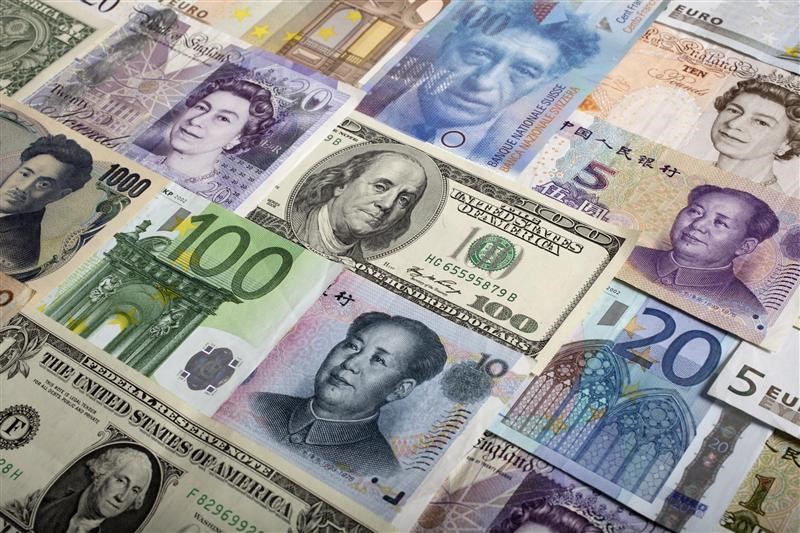Street Calls of the Week
(Recasts with U.S. trade, adds quote, updates price, changes dateline; previous LONDON)
* Dollar index hits 8-month high
* Speculation SNB will match any ECB easing hits franc
* Yuan fixed lower, drags currency down offshore
By Dion Rabouin
NEW YORK, Nov 27 (Reuters) - The dollar hit an eight-month high against a basket of currencies on Friday as speculation the Swiss National Bank could follow the European Central Bank in cutting deposit rates further pushed major competitors lower.
The dollar rose to its highest against the Swiss franc since August 2010 on speculation the SNB will cut its deposit rates deeper into negative territory next week.
The euro, under pressure all week from expectations the ECB will also loosen policy further to support the euro zone economy, fell below $1.06 in trade thinned by the Thanksgiving holiday weekend in the United States.
It fell 0.2 percent against the dollar EUR= to $1.0588.
"People are coming back in here picking up a few dollars again," said Firas Askari, global head of FX trading at BMO Capital Markets in Toronto. "Give me a reason to sell U.S. dollars. Given the geopolitical environment, given the monetary policy, I find it hard."
Most analysts anticipate the Federal Reserve will raise U.S. interest rates next month, strengthening the dollar, two weeks after the ECB is expected to announce further easing.
The dollar index, which measures the greenback against six major currencies, touched a high of 100.200, closing in on its yearly peak of 100.390.
China's yuan, or renminbi, was among the other big movers in major currency markets, with offshore rates hitting their weakest in more than two months CNH=D3 ahead of a decision on Monday on whether to include it in the IMF's basket of reserve currencies.
The yuan CNY= was again fixed weaker by Chinese authorities and offshore rates fell ahead of the IMF's decision. The currency is expected to be added to the basket, but with a lower weighting than previously estimated, due to the relative scarce use of the RMB in financial transactions worldwide.
The 0.25 percent fall in the tightly controlled rate of the renminbi was much less than a more than 5 percent collapse in Shanghai share prices.
